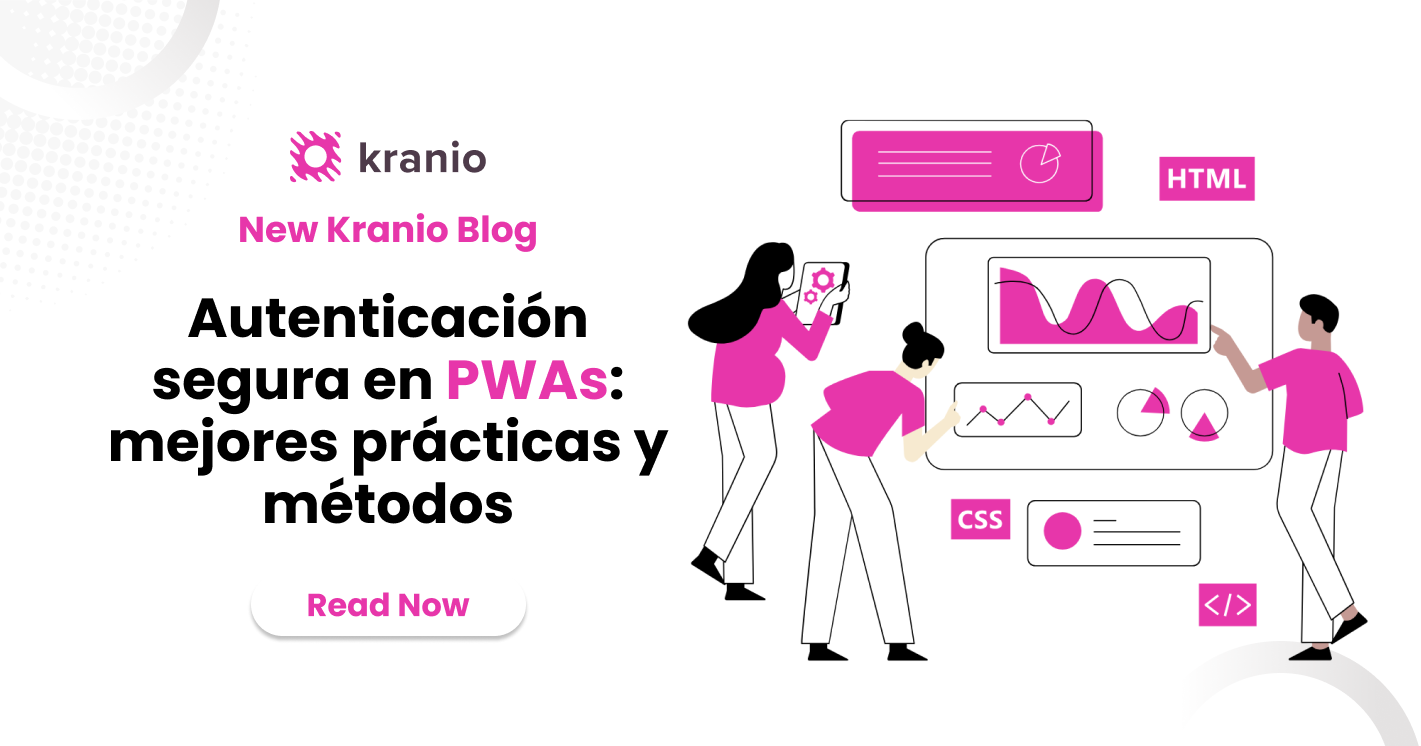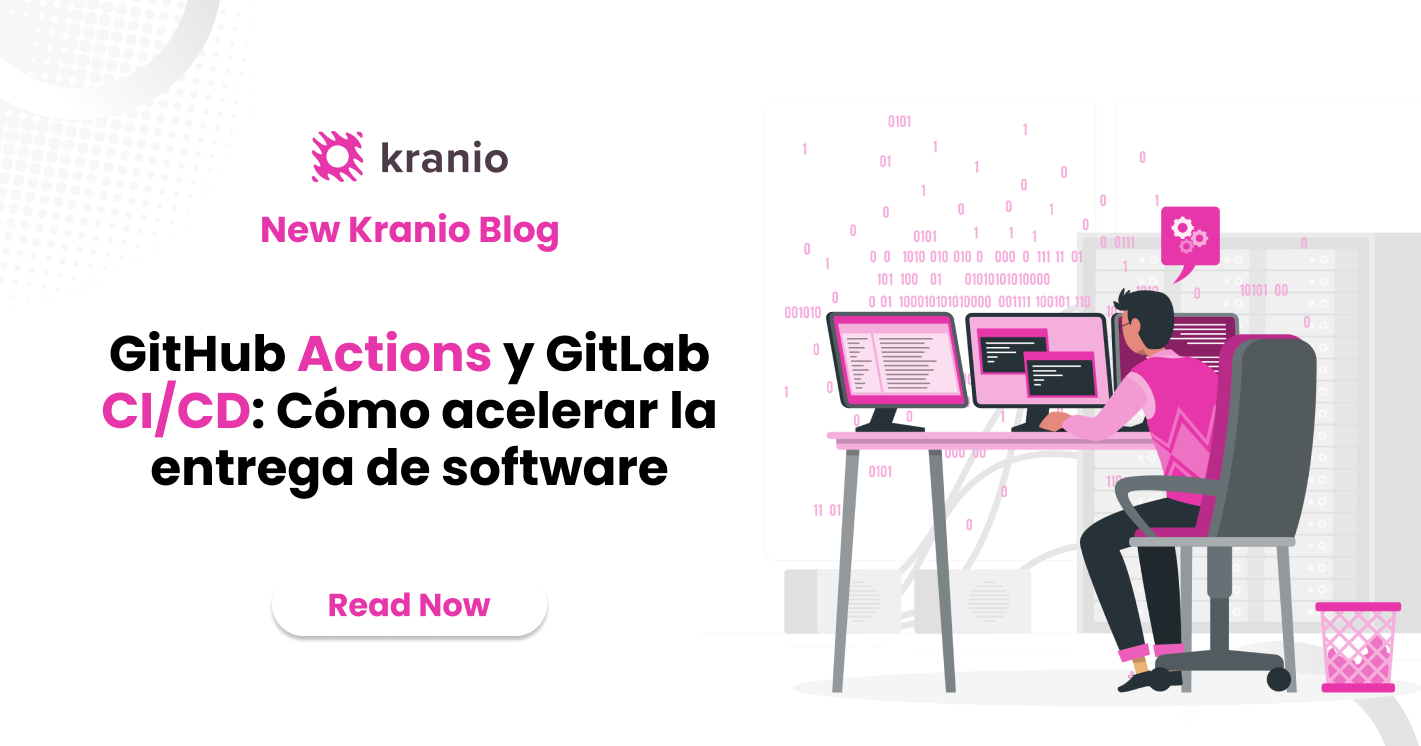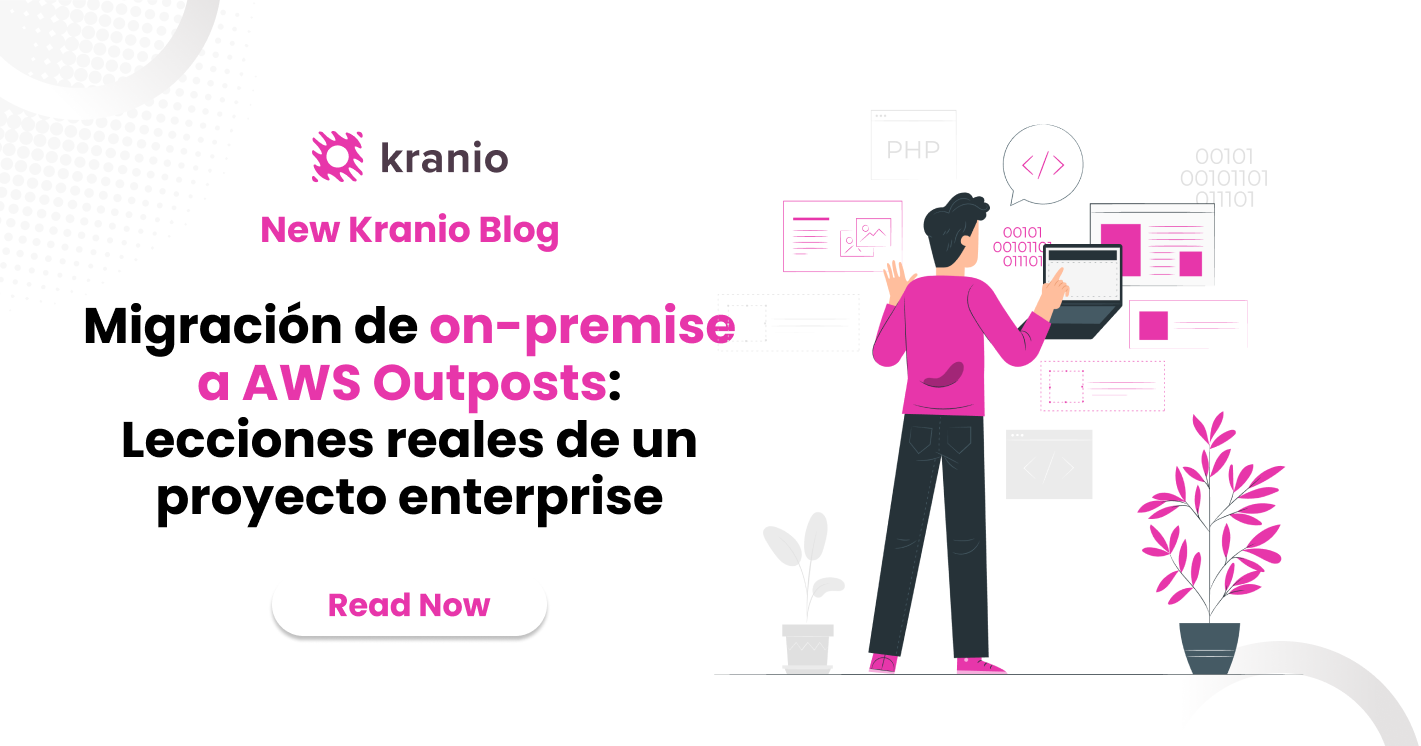Google Cloud Platform (GCP) has become one of the most important pillars of cloud computing. Its combination of artificial intelligence, data storage, security and scalability makes it an indispensable tool for companies looking to modernize their infrastructure and accelerate their digital transformation.
In this new blog series, we'll explore In depth GCP, understanding their ecosystem, key products and how to take advantage of them to build efficient and scalable solutions.
Blog guide:
1 ️ ↓ Introducing Google Cloud: Why choose GCP? | Infrastructure and Computing on GCP
- History and evolution of GCP.
- Key use cases and benefits.
- Why choose the cloud and not onpremise - costs - security - capex vs opex
2 ️Infrastructure and Computing on GCP
- Compute Engine: Customizable virtual machines.
- Google Kubernetes Engine (GKE): Container deployment and scalability.
- Cloud Run: Running applications without servers.
- Optimizing costs and performance in GCP.
- Cloud Functions: Creation of serverless functions.
3 ️ Cloud Storage and Databases | Data Analytics and Machine Learning with Google Cloud
- Cloud Storage: Types of storage and when to use them.
- Cloud SQL and AlloyDB: Managed relational databases.
- Spanner: The globally scalable database.
- BigQuery: Large-scale data analysis.
- BigQuery and Looker: How to turn data into valuable information.
- Vertex AI: Creation and deployment of Machine Learning models.
- Integration with Gemini for generative artificial intelligence.
4 ️ Networks and Security on GCP | Developer Tools
- Cloud Armor: Protection against attacks.
- Cloud CDN: Content distribution optimization.
- Hybrid and private connectivity options.
- Cloud Code: Development and debugging of cloud applications.
5 ️ krav Automation and DevOps in Google Cloud | Use Cases and Real-World Applications | Conclusions
- Terraform on GCP: Infrastructure as code.
- Anthos: Hybrid and multi-cloud management.
- Cloud Build: CI/CD in GCP.
- Monitoring with Cloud Monitoring and Logging.
- How leading companies are using GCP.
- AI and ML implementations on Google Cloud.
- How to reduce costs and improve efficiency with GCP.
- Comparison with AWS and Azure.
- Key use cases and benefits.
🔹 1. History and Evolution of Google Cloud
Google Cloud Platform was launched in 2008, initially with its product App Engine, a platform for developing and hosting web applications without the need to manage servers. Since then, GCP has grown exponentially, becoming one of the world's leading cloud platforms.
📌 Key moments in the evolution of GCP:
1 ️ ↓ 2008 — Google launches App Engine, allowing developers to run web applications without managing infrastructure.
2 ️ 2010 — They are introduced Cloud Storage and BigQuery, starting Google's foray into cloud databases.
3 ️ 2012 — It is launched Compute Engine, offering scalable virtual machines for all types of workloads.
4 ️ 2015 — Born Google Kubernetes Engine (GKE), becoming a standard for container management.
5 ️ 2017 — It is introduced Spanner, a globally distributed database with strong consistency.
6 ️ 2020 — The supply of artificial intelligence expands with Vertex AI, improving the accessibility of Machine Learning.
7 ️ 459 2023-2024 — It is introduced Gemini AI, taking generative AI to new heights with integration into Google Cloud.
Since its inception, Google Cloud has been at the forefront of cloud innovation, with technologies that have revolutionized the way companies store, analyze and manage data.
🔹 2. Key Benefits of Google Cloud
Google Cloud has built a highly optimized platform for efficient performance, scalability and costs. Here are some of its biggest benefits:
1 ️ № Innovation in Artificial Intelligence and Machine Learning
- GCP is a leader in AI and ML, offering Vertex AI, Gemini AI and tools such as Speech-to-Text and Translation Hub.
- Companies that work with generative AI models they have found in GCP the best platform for train and deploy advanced models.
📌 Example of use:
An e-commerce company can use Vertex AI to predict shopping trends and personalize product recommendations in real time.
2 ️ № Big Data and Data Analysis with BigQuery
- Google Cloud allows you to analyze large volumes of data in seconds with BigQuery.
- GCP manages more than 110 TB of data per second, making it the fastest option for data processing.
📌 Example of use:
A bank can use BigQuery to detect fraud in transactions in real time, taking advantage of its ability to analyze large volumes of data.
3 ️ № Optimized Infrastructure for Containers and Kubernetes
- Google was the creator of Kubernetes, so your managed service GKE (Google Kubernetes Engine) is the most advanced in the market.
- Cloud Run allows you to deploy containers without the need to manage servers.
📌 Example of use:
A technology startup that develops scalable web applications can use GKE to handle traffic and scale automatically without manual intervention.
4 ️ № More Predictable and Accessible Costs
- GCP has prices more predictable, where costs can vary greatly depending on traffic and usage.
- Discounts for continuous use: Customers who use GCP for a longer time get discounts without the need for long-term contracts.
📌 Example of use:
A development team can reduce costs by using Compute Engine Tau VMs, which offer a 42% better performance-price compared to other virtual machines.
5 ️ FIRST* Security and Compliance with Global Regulations
- Google Cloud offers default data encryption, making it a safe option for sectors such as finance and health.
- Protection against DDoS attacks with Cloud Armor and advanced security with Mandiant and Google Security Operations.
📌 Example of use:
A cybersecurity company can use Google Threat Intelligence to monitor and respond to attacks in real time.
🔹 Why choose the cloud over on-premise infrastructure?
Until a few years ago, companies used to rely on on-premise infrastructure, that is, physical servers hosted on their premises. However, with the advent of the cloud, more and more companies are migrating to cloud-based models.
📊 Comparison: Cloud vs On-Premise
%202.42.09%E2%80%AFp.m..png)
📌 Conclusion: The cloud allows for greater flexibility and reduced operating costs, while on-premise is still useful for companies with specific privacy or strict regulatory compliance needs.
🔹 Cloud Costs: Google Cloud vs On-Premise
One of the biggest benefits of the cloud is its pay-per-use model, in which you only pay for the resources you consume.
🔹 CAPEX vs OPEX: Which one is better for your company?
🔷 CAPEX (Capital Expenditure) — Investment costs in physical infrastructure.
🔷 OPEX (Operational Expenditure) — Operating expenses based on consumption and continuous use.
%202.42.19%E2%80%AFp.m..png)
📌 Example of cost savings with Google Cloud:
💡 An e-commerce company migrated its infrastructure to GCP, reducing operating costs by 40% by paying only for actual traffic on Cloud Run and GKE.
🔹 Security in Google Cloud vs On-Premise
Google Cloud provides a advanced security level which is difficult to replicate in an on-premise infrastructure.
🔹 Security Measures in GCP
✅ Data encryption in transit and at rest.
✅ Google Threat Intelligence and Mandiant for threat detection.
✅ Cloud Armor for protection against DDoS attacks.
✅ Authentication and access with IAM and Zero Trust Security.
📌 Actual use case:
💡 More than 90% of generative AI unicorns use Google Cloud for its secure and reliable infrastructure.
🎯 Conclusion: Google Cloud, the Future of Cloud Computing
Google Cloud has positioned itself as one of the most powerful platforms in the cloud thanks to its scalable infrastructure, advanced security, and cutting-edge artificial intelligence tools.
🔹 Why choose Google Cloud instead of on-premise?
✅ Lower operating costs with pay-per-use.
✅ Global scalability without the need for investment in hardware.
✅ Increased security and protection against cyberattacks.
✅ Innovation in artificial intelligence and data analysis.
🌍 The cloud is no longer the future, it's the present. Companies of all sizes are migrating to Google Cloud to accelerate your digital transformation.
🔜 In the next blog, we'll explain how computing infrastructure works on GCP, from virtual machines to Kubernetes. Don't miss it! 🚀
Ready to transform your business with Google Cloud?
At Kranio, we have experts in cloud solutions who will help you migrate and optimize your Google Cloud operations, ensuring an efficient transition aligned with your business objectives. Contact us and discover how we can boost your digital transformation.











.png)
.png)
